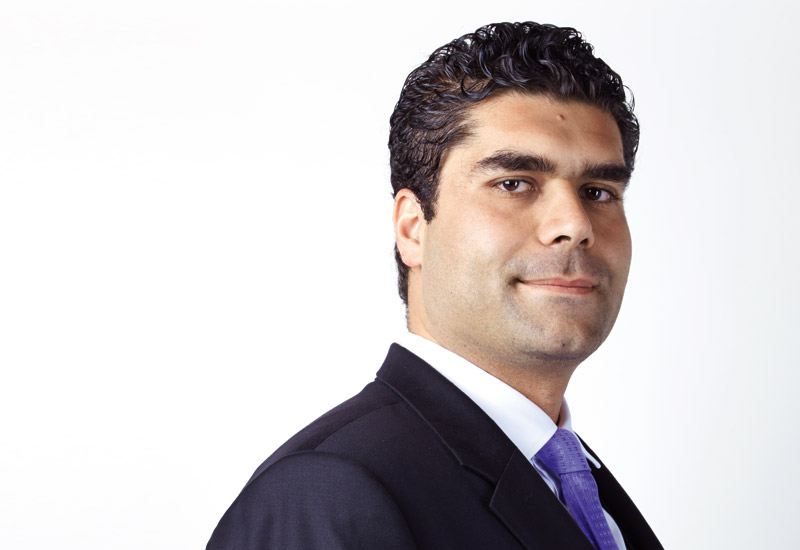While the Gulf market is saturated with well-established international hotel groups, in 2013, home-grown company Jannah Hotels and Resorts sprung from obscurity, like an oasis within the desert.
Since the launch of its first property — Jannah Eastern Mangroves Suites in Abu Dhabi — the hotel group has grown rapidly, but relatively quietly, with a further four properties launched in the UAE since 2013. This number includes two hotels in Abu Dhabi (Jannah Place Abu Dhabi and Jannah Burj al Sarab), and two properties in Dubai (Jannah Place Dubai Marina and Jannah Marina Bay Suites). The group has now confirmed a third Dubai property is in the pipeline, with Jannah Dubai Creek expected to open in 2018.
With ambitious plans for expansion in the UAE and the wider region, the group’s aim is to hit the magic number of 33 properties open or in the pipeline by 2020. According to Nehme Imad Darwiche, Jannah’s founder and CEO (and president and chairman of Darwiche Worldwide Legacy), the group plans to open in a third emirate, Sharjah, while target markets for further expansion in the GCC include Bahrain, KSA and Qatar.

| Advertisement |
In the coming years, Darwiche told Hotelier Middle East, Jannah will also take on the Mediterranean. European or Arabian Mediterranean, we quiz Darwiche? “Wherever there is an olive tree, we will build a Jannah hotel,” Darwiche responds.
Darwiche’s energy and ambition for the group are perhaps unsurprising characteristics for a man who, at just 31, is one of the region’s youngest CEOs. The self-made CEO grew his hotel career in the region first with the Rotana Group (where he worked his way up to F&B manager), and later at Anantara Hotels (where Darwiche worked as hotel manager for the pre-opening team of Eastern Mangroves Hotel & Spa by Anantara). “They didn’t make me CEO, so I made myself CEO,” Darwiche jokes during his photo shoot with Hotelier Middle East.
“From Rotana, I learnt how to be a very strong regional player. I learnt from Anantara how to be a very strong international player. I learnt from Rotana, effectiveness and cost saving. I learnt from Anantara, luxury at a low price. I learnt from Rotana, how to create loyalty among employees, and I learnt from Anantara how to create a story. The combination of the two made me who I am today.”
Darwiche’s youthful zeal is also evident in the number of unorthodox ideas he has put together to create a very different mode of operations for Jannah.
“First of all, I changed the organisational chart,” Darwiche tells us as he draws a triangle on a piece of paper, to represent the traditional pyramid hierarchy of most companies. “The chart always looks like this, the CEO at the top of the pyramid, and all the ranks underneath.” Next Darwiche sketches a ‘V’ shape, with himself, the CEO, at the bottom of the ‘V’.
“So I made it like this, the CEO, and all the ranks upwards. I changed the names. Our GMs are ‘mayors’, like the mayor of a city, because his job is to take care of the people there. Heads of department at Jannah are called ‘ministers’. In any government, ministers are chosen by the people and their job is to improve people’s lives. I changed the name of our employees to ambassadors. I love the word ‘ambassador’. On top of this pyramid are the guests, they are the boss. And I am at the bottom as their most humble servant.”
Article continues on next page...









 Search our database of more than 2,700 industry companies
Search our database of more than 2,700 industry companies










Mar 9, 2016 , Egypt
I like the idea of the organization chart, very creative. Wish you all the best of luck. What are the characteristics of your ambassadors?